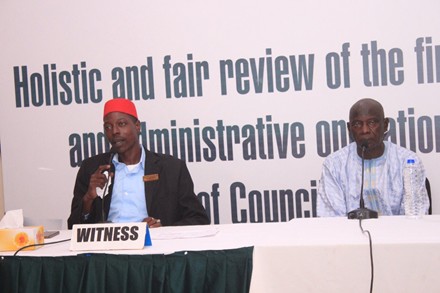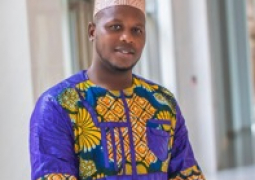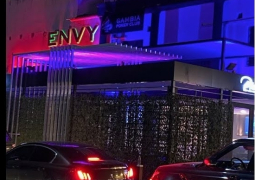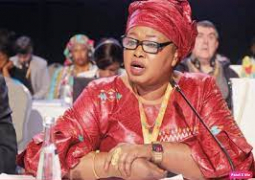
“Yes, Madam Chair,” Jawara responded, when asked by Commission Chairperson Jainaba Bah if the council had failed in financial management. He acknowledged shortcomings in asset disposal, compliance with procurement regulations, and oversight of council expenditures.
One of the most glaring issues raised during the testimony was the award of borehole drilling contracts without following procurement procedures. Jawara admitted that the contract given to contractor Sulayman Joof did not go through standard vetting, saying the decision was made by management while the procurement officer was away on study leave.
“We did not follow due process. I agree with you, Counsel,” Jawara told Lead Counsel Patrick Gomez. “But it was not a single-handed decision.”
The council also engaged a local mechanic and began disposing two vehicles before obtaining the necessary approval from the Gambia Public Procurement Authority (GPPA), further highlighting the breakdown in protocol.
In a separate controversy, Jawara acknowledged that contractor Sulayman Joof stayed in his personal residence throughout the duration of the borehole projects. He also admitted to giving Joof his own vehicle to use and loaning him money.
“Mr. Joof was taking money from me. He is still owing me D90,000,” Jawara testified. He added that he was handing over council-issued cheques to Joof in part to recover the money he had loaned him.
Lead Counsel Patrick Gomez questioned whether such a financial relationship between a sitting chairman and a public contractor was appropriate. Jawara replied that he believed he was acting in the interest of his community and did not realise at the time that it posed a conflict of interest.
“I agree that I should not take money from Joof or any contractor. I did not know that before. If I knew, I would not have given him my money,” he said.
The Commission also examined a controversial D100,000 payment made to the Governor of Central River Region (CRR) in 2019 for Disaster recovery. Jawara said the request was initially opposed by him but later approved following pressure from then-CEO Nfansu Darboe. Both officials later admitted the transaction was improperly handled.
“It is our fault,” both Jawara and Darboe acknowledged.
On internal controls, the Commission questioned why issues raised in internal audit reports repeatedly went unaddressed. Jawara provided minutes of a 2019 council meeting where such reports were discussed, but conceded that implementation was lacking.
Lead Counsel Gomez revealed that one revenue collector suppressed over D198,000. Jawara admitted that the council was aware of revenue suppression and had considered setting up an independent assessment team, but lacked the resources to follow through.
“We are cash-constrained,” Jawara said, while citing personal initiatives he introduced to increase the council’s revenue.
CEO Darboe testified that revenue from weekly markets (lumos) fluctuates seasonally, and that the council’s budget projections often exceeded actual collections. He added that while collections were D500,000 when he began, they were later raised to D1 million.
Chairperson Bah urged the council to explore data-driven planning using GBOS (Gambia Bureau of Statistics) information, and not rely solely on inflated revenue estimates.
The Commission also reviewed the awarding of borehole contracts to Sinkandi Enterprise for over D800,000. Only one of the two projects was advertised publicly. Darboe confirmed that there was no Contracts Committee in place and that contract selection was influenced by council members.
Both Jawara and Darboe admitted violations of procurement rules. They testified that 10% withholding tax was deducted and paid to the Gambia Revenue Authority, but other transparency measures were absent.
Jawara reiterated a call for the government to increase support to local councils, stating that the standard D500,000 subvention is not sufficient to cover capital development, especially since a single borehole can cost more than that.
In one of the most direct acknowledgments before the Commission so far, Chairman Saihou Jawara admitted to a range of failures in governance, compliance, and accountability.
“There were serious lapses in asset management and disposal,” he said. “We were not following procurement methods… there was revenue suppression… and our internal controls were weak.”
Read Other Articles In Headlines




